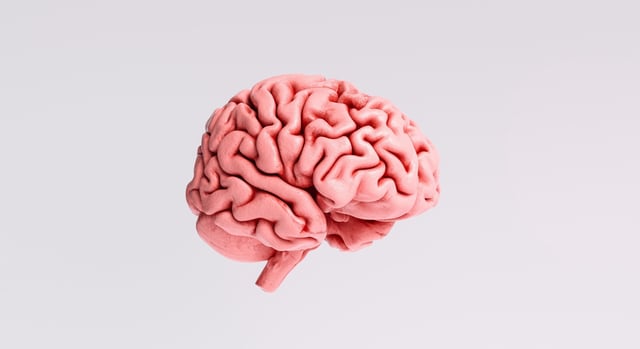Overview
- Researchers at Fujita Health University have demonstrated that neuroestrogen, synthesized in the brain via aromatase, directly regulates feeding behavior and energy balance.
- Neuroestrogen increases the expression of the melanocortin-4 receptor (MC4R) in the hypothalamus, a critical receptor for appetite suppression and metabolic control.
- Mouse models showed that restoring brain-specific estrogen synthesis reduced food intake and enhanced leptin sensitivity, overcoming leptin resistance—a hallmark of obesity.
- In vitro studies confirmed that neuroestrogen directly upregulates MC4R expression in hypothalamic neurons, independent of systemic estrogen sources.
- The findings, published in *The FEBS Journal*, lay the groundwork for exploring neuroestrogen-targeted therapies to address obesity and related metabolic disorders in humans.
